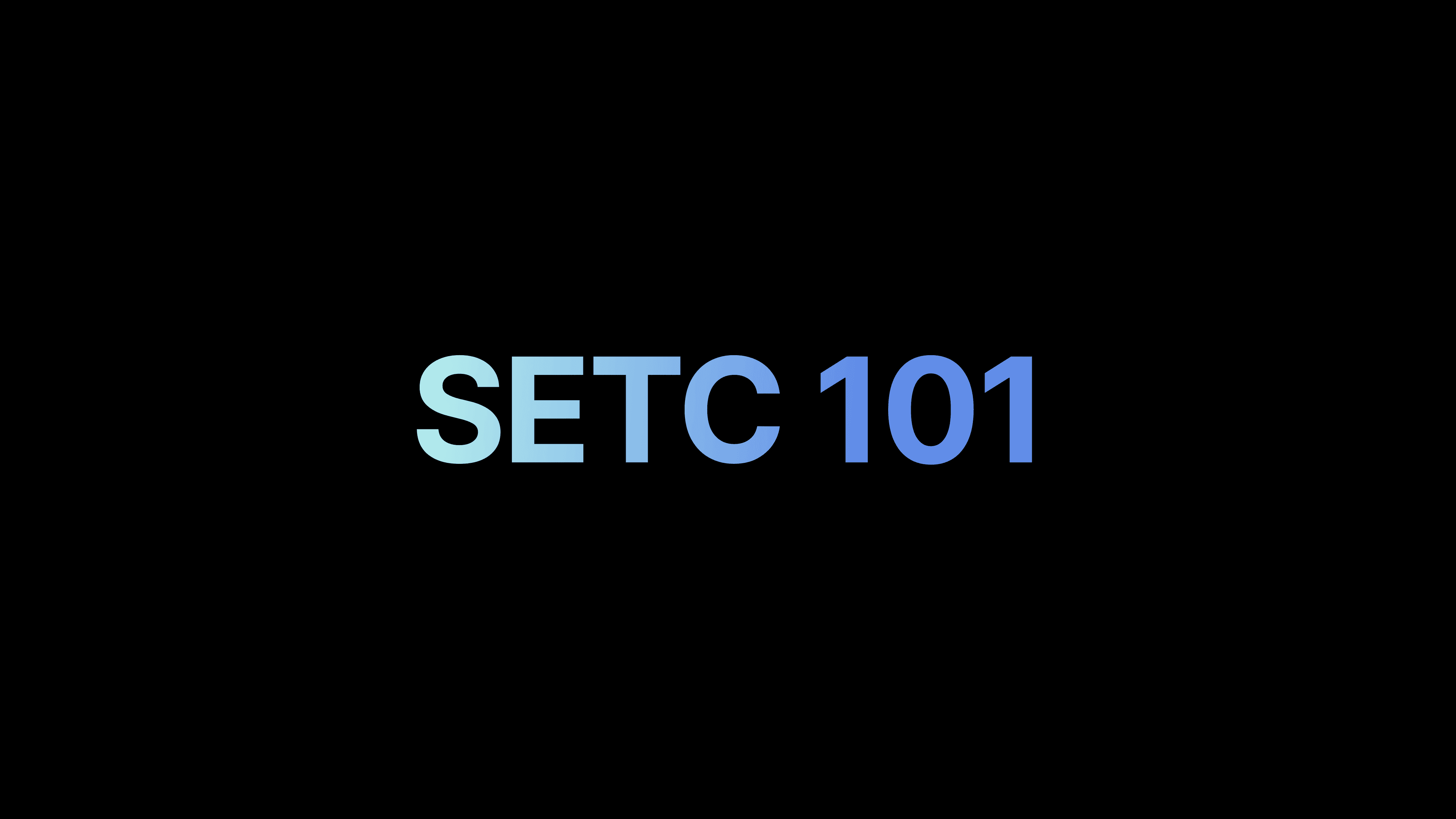Navigating FFCRA Tax Credits for Freelancers: A Simplified Guide
The Families First Coronavirus Response Act (FFCRA) stands as a beacon of support in the tumultuous times of the COVID-19 pandemic, offering a financial lifeline to businesses and self-employed professionals alike. For freelancers navigating these uncertain waters, the FFCRA brings forth two pivotal tax credits:
1. Emergency Paid Sick Leave Credit: This provision empowers freelancers with a refundable tax credit for up to ten days of sick leave at their usual pay rate, applicable when work is missed due to specified COVID-19 circumstances. Freelancers can claim up to $511 daily for their own health-related absences and $200 daily when caring for others.
2. Emergency Family and Medical Leave Expansion Act (EFMLEA) Credit: Offering up to ten weeks of paid family and medical leave at two-thirds of the regular pay rate, this credit supports freelancers needing to care for a child whose school or childcare has been disrupted by the pandemic. The maximum benefit stands at $200 daily or a cumulative $10,000.
Who Qualifies for These Credits?
Freelancers looking to benefit from the FFCRA tax credits should note these broad criteria:
- Self-Employment Status: You must be a self-employed individual for tax purposes, meaning you work independently without an employer-employee relationship.
- Income Impact: While there's no strict income threshold under FFCRA, the credits aim to assist those whose work and income are significantly impacted by the pandemic.
- Pandemic-Related Work Disruption: Your work must have been curtailed or severely limited due to COVID-19 related reasons, such as quarantine orders, health advisories, or experiencing symptoms requiring medical evaluation.
Real-World Scenarios
- Scenario 1: Imagine Jane, a freelance graphic designer whose projects have dwindled due to the pandemic, affecting her income and work volume. Jane stands a good chance of qualifying for the FFCRA credits, given the direct hit her work has taken from the pandemic.
-Scenario 2: John, a freelance writer, hasn't faced a direct work impact from the pandemic but needs to care for his child due to school closures. Despite the indirect cause, John may still be eligible for FFCRA credits.
Determining Your Eligibility
To check if you're eligible for FFCRA tax credits:
1. Assess Your Income Impact: Reflect on how the pandemic has affected your work and income. A significant downturn could make you eligible.
2. Confirm Your Self-Employment Status: Ensure you're classified as self-employed for tax purposes.
3. Review COVID-19-Related Circumstances: This includes quarantine orders, healthcare advisories, or COVID-19 symptoms and diagnosis attempts.
Challenges and Considerations
Navigating FFCRA eligibility might bring its set of challenges, especially for those juggling multiple income sources or needing documentation proof. Here, leveraging our platform can simplify the process, assisting in eligibility checks, tax credit calculations, and facilitating your application with the IRS.
The Takeaway
While the path to claiming FFCRA tax credits as a freelancer might seem daunting, understanding the guidelines and leveraging tools like ours can streamline the process. Dive into our easy 3-question quiz on portal.claimmy.credit to discover your potential tax credits and make the most of the financial support available to you during these challenging times.










